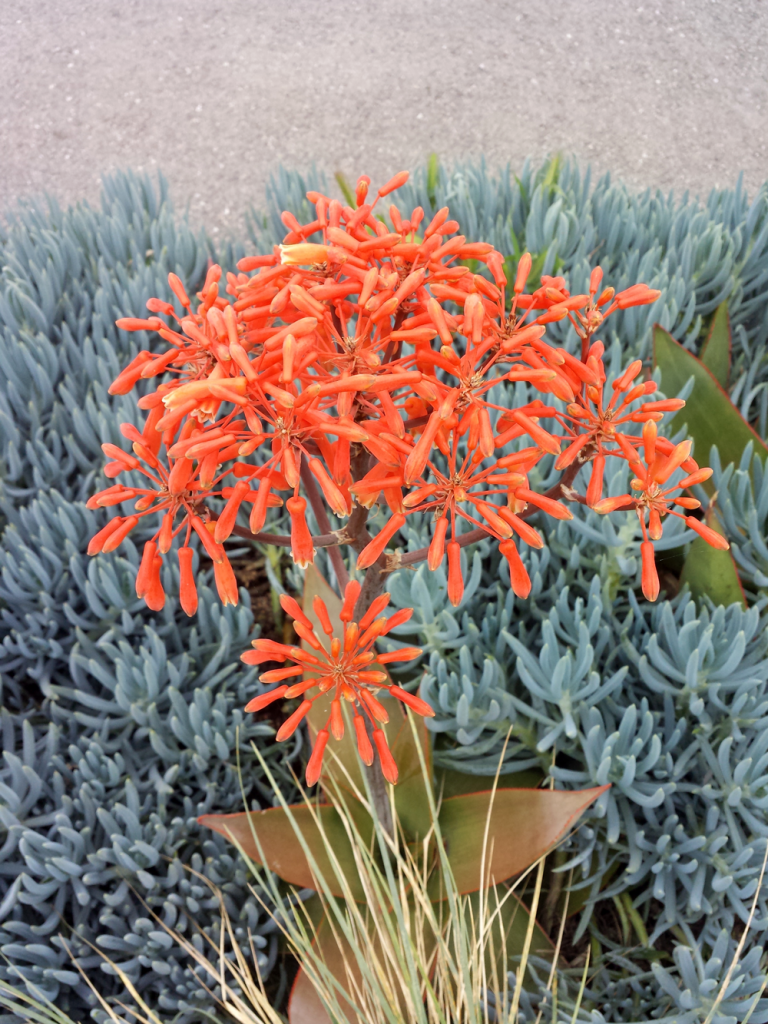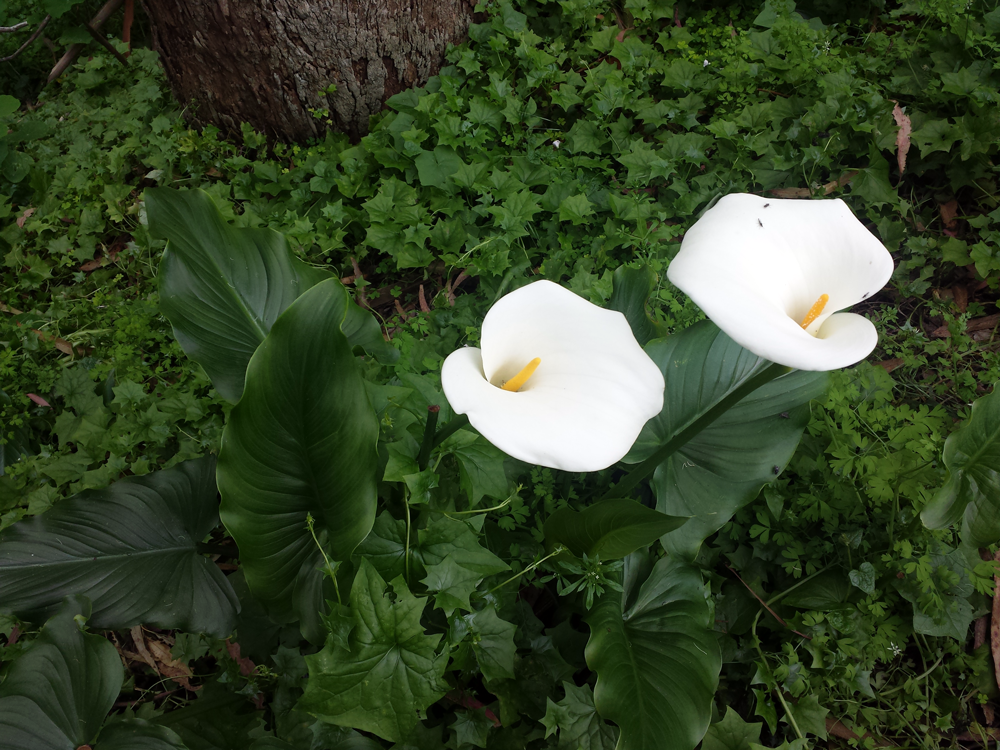
Reading:
“Taking Love Seriously in Human-Plant Relations”
by Julie Soleil Archambault
A few months ago, I read this anthropology article about loving plants. It describes and interprets ethnographic evidence gathered in Mozambique. The central piece of evidence is young men who do aesthetic gardening and how they describe themselves as lovers loving plants. Archambault is in conversation with anthropology of gardening and multispecies ethnography. Multispecies ethnography considers carefully how nonhumans are involved with humans. She is also in conversation with “the ontological turn” or “open” in anthropology. The ontological open is discourse and practices in anthropology that attempt rigorous descriptions and interpretation without explaining away different ontological premises implicit and/or explicit in the evidence gathered from their informants and observations.
In this vein, she asks, if the love the gardeners have for their plants is literal, are they lovers? She answers her own question with an equivocation.
On one hand, she interprets the relationship as literal, describing the loving give and the take of the gardeners and their plants. She notes how the plants compel and seduce the gardeners. She describes the meaning and satisfaction they get. The young men seem to have what they believe is a genuine romance with their plants.
On the other hand, Archambault describes how the love can also be considered metaphorically. Specifically, in relation to how the gardeners, young men and older women, are often excluded from the economy of human intimacy. Economic conditions in urban Mozambique produce conditions encouraging intimacy between older men and young women. Locally, this economy of intimacy is considered tainted or at least practically concerned with consumerist desire. Archambault describes how love for the plants becomes an ideal form of intimacy, in effect speaking back against the “corrupted” human intimacy. Loving the plants then is also a kind of patch or suture that sustains the gardeners. An aesthetic and practical love expressed through working together with plants and other gardeners cultivating a kind of pride in an intimacy disconnected from their frustrations from the human intimacy economy.
Archambault article does not bring much to the ontological open conversation. She does not mean to. She clearly says her interest in “taking seriously” is about the ontological truth of “loving plants” in the terms of her informants rather than an attempt to speak for the plants.
Regardless, what is useful and interesting in her article is how she describes and analyzes love in two different ways. Rather than attempting to cancel one interpretation, she shows how they can exist alongside one another. The taking love seriously and the social metaphorical interpretations compliment each other without being the same. Reading them beside each other provokes more nuances in each. I think the article’s appositional treatment of loving plants demonstrates using love’s excess to make a compelling nonreductive analysis. She reconciles the two approaches by suggesting though the practice of loving plants may begin or be initiated by exclusion from the economy of intimacy, the practices are intimate and productive in ways that are outside and independent from the frought human intimacy economy.
